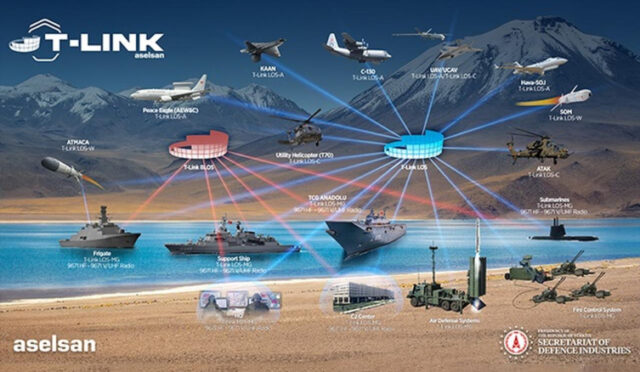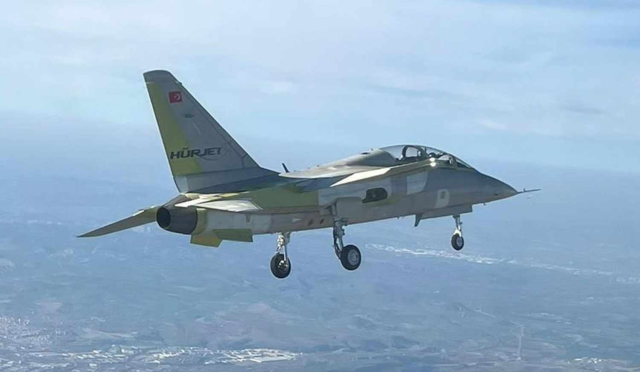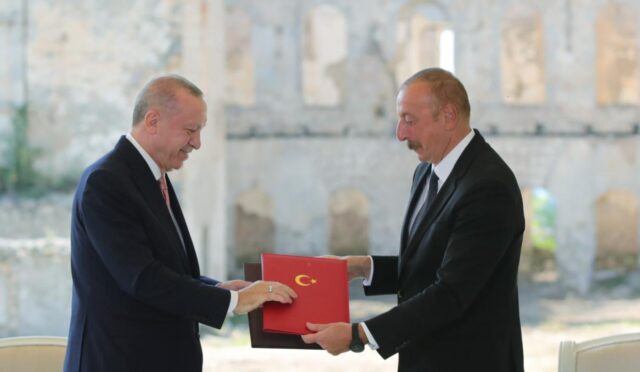In a development that could mark a pivotal moment in the ongoing war between Russia and Ukraine, Russian President Vladimir Putin announced that direct peace negotiations between the two countries will resume in Istanbul on May 15. Speaking at a press conference held last night, Putin declared, “We propose to the Kyiv administration to start direct negotiations without any preconditions. We are offering to restart talks in Istanbul on Thursday.” This statement signals a significant shift in Moscow’s position, especially considering past demands made by the Kremlin, such as the removal of Ukrainian President Volodymyr Zelensky as a prerequisite for negotiations. Observers view this as a rare opening for diplomacy after months of escalating violence and a deadlock on the battlefield.
Background and Past Developments
The upcoming talks in Istanbul are not without precedent. The city previously hosted a key round of negotiations in March 2022, just weeks after Russia launched its full-scale invasion of Ukraine. During those early discussions, the two sides explored the possibility of Ukraine adopting a status of neutrality, alongside guarantees for its territorial integrity and national security. Türkiye, leveraging its unique position as a NATO member with strong bilateral ties to both nations, played a central role in facilitating these conversations. However, hopes for a breakthrough were dashed shortly thereafter, as the talks collapsed amid international outrage over the Bucha massacre—a war crime widely attributed to Russian forces—and deepening mistrust over proposed security frameworks. Since then, multiple attempts at restarting negotiations have failed to yield any substantive progress. Nonetheless, Türkiye has persistently maintained open channels with both Kyiv and Moscow, preserving its relevance as a key interlocutor in one of the world’s most intractable conflicts.
“Türkiye Has Worked with Us for Peace”
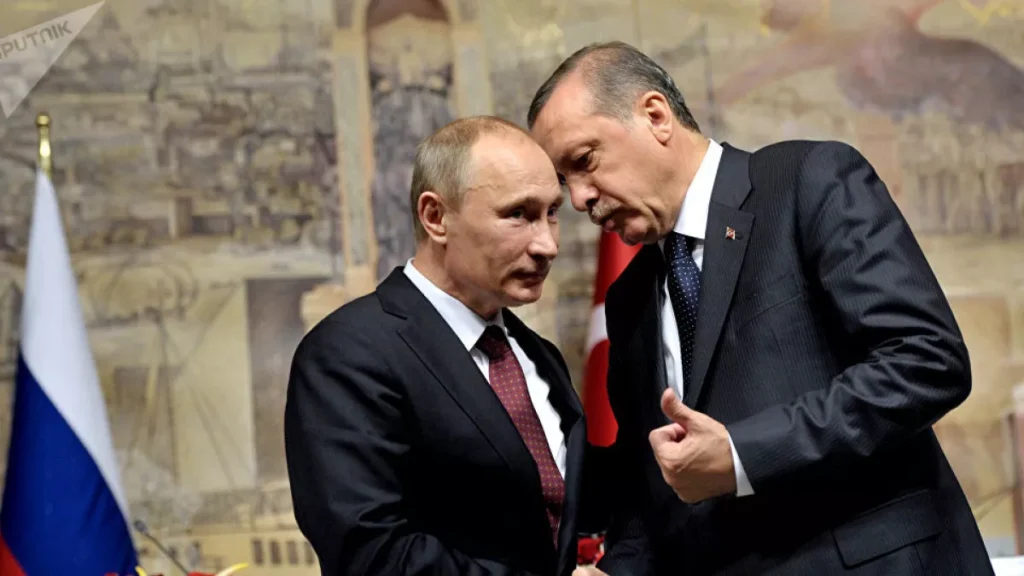
President Putin made special mention of Türkiye’s contributions to peace efforts, praising its consistent role as a mediator throughout the war. “Türkiye has worked with us for peace,” he stated, underscoring Ankara’s unique diplomatic posture. “Tomorrow, I will meet with President Erdoğan and ask him to create an opportunity for these negotiations to take place.” These remarks not only acknowledge Türkiye’s influence but also reflect a growing recognition in Moscow of the importance of neutral ground for dialogue. President Erdoğan’s active diplomacy—seen previously in initiatives like the Black Sea grain deal and prisoner exchanges—has earned Türkiye a reputation as one of the few actors capable of engaging both sides. The decision to once again host talks in Istanbul suggests a high degree of trust in Türkiye’s ability to maintain a balanced and constructive negotiating environment, despite the high political stakes involved.
Zelensky’s Stance: Peace, but with Conditions
While the Kremlin appears to have softened its stance by removing earlier demands, Ukraine has made it clear that any return to the negotiating table must be accompanied by concrete steps from Russia. President Volodymyr Zelensky, in a recent public address, reaffirmed his openness to dialogue but emphasized the need for real commitments. “Peace talks are not possible without stopping attacks on civilians. Russia must take concrete steps for real peace,” he said. For Kyiv, civilian safety and territorial sovereignty remain non-negotiable. Zelensky has repeatedly warned against negotiations that would freeze the conflict without addressing its root causes. Ukrainian officials argue that dialogue must be preceded by measurable de-escalation efforts, including the withdrawal of Russian forces from key territories and adherence to international humanitarian norms. This stance indicates that while both sides are expressing a willingness to engage, the road to meaningful peace will be fraught with challenges, and any agreement must go beyond symbolic gestures to address fundamental security concerns.
Erdoğan’s Strategic Mediation Between Warring Sides
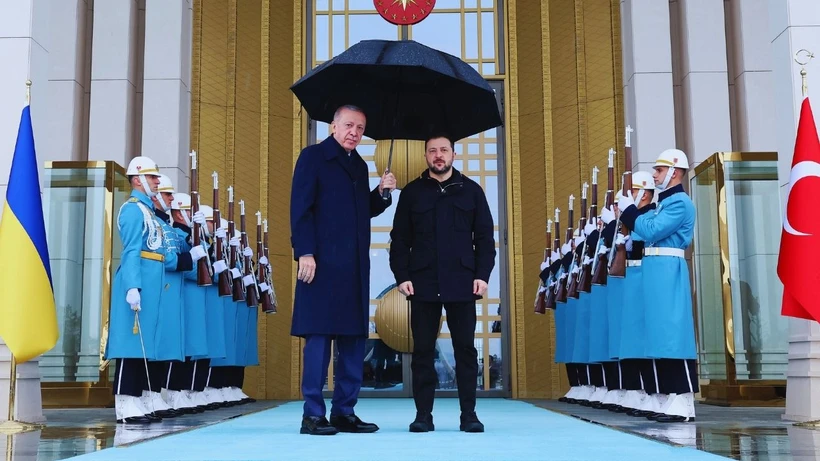
President Recep Tayyip Erdoğan’s role in the Russia-Ukraine conflict has elevated Türkiye’s profile as a rare and credible mediator on the global stage. Unlike many Western nations that imposed sweeping sanctions on Russia, Türkiye opted for a policy of active neutrality, maintaining diplomatic and economic ties with Moscow while simultaneously deepening its support for Ukraine’s sovereignty. This delicate balancing act has not been without complexity—but it has proven effective.
On the one hand, Türkiye refrained from joining NATO-led sanctions against Russia, keeping vital communication channels open with the Kremlin. On the other, it emerged as a key military partner for Ukraine. Turkish-made Bayraktar TB2 drones, supplied to Kyiv before and during the conflict, played a pivotal role in Ukraine’s early battlefield resistance. Notably, the Turkish company Baykar even donated drones to Ukraine through crowdfunding campaigns, enhancing Ankara’s image as a friend to the Ukrainian people.
Despite these seemingly contradictory positions, Erdoğan has maintained the confidence of both sides. This dual engagement has allowed Türkiye to host critical negotiations such as the 2022 Istanbul talks and the UN-brokered Black Sea grain deal, signed in Istanbul under Erdoğan’s supervision. It is this unique diplomatic credibility—grounded in consistent dialogue rather than alignment with blocs—that has positioned Türkiye once again at the center of renewed peace efforts.
The decision to hold the May 15 talks in Istanbul is a testament not only to Türkiye’s geopolitical importance but also to Erdoğan’s personal diplomacy. As a leader who can speak directly and frequently with both President Putin and President Zelensky, Erdoğan has built trust through action rather than rhetoric. The world now turns its attention once again to Istanbul, in hopes that Erdoğan’s strategic mediation can open the door to de-escalation—and perhaps, in time, to peace.

